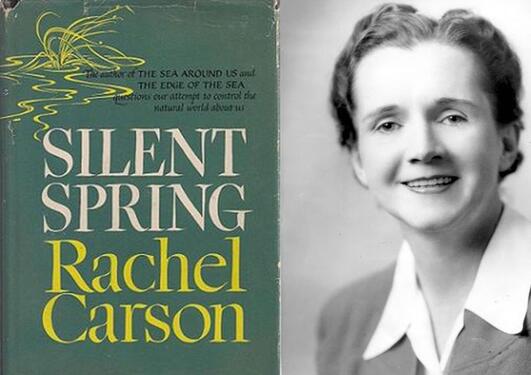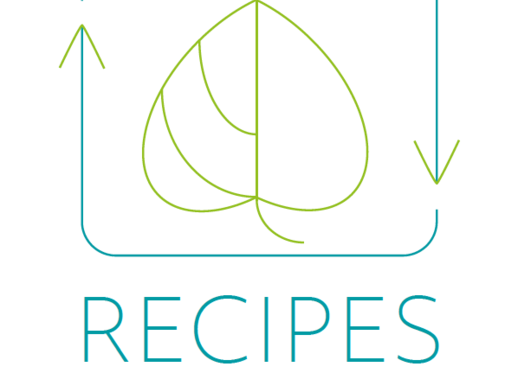The Precautionary Principle is an internationally recognized principle adopted at the UN Summit on Environment and Development in Rio in 1992. The principle enables political decision-making and regulation ofsubstances or technologies (such as chemicals, pesticides or nanotechnologies) that pose a risk to health or environment, even if knowledge on the risk is incomplete, uncertain or contested.
As a general principle of EU law, the PP allows decision-makers to act despite scientific uncertainty. Critics, however, argue that the PP may lead to excessive caution and may hinder technological innovation. In the RECIPES project, the main goal is to develop new tools and guidelines, in collaboration with various stakeholders and societal actors, which can ensure that the use ofthe precautionary principle goes hand in hand with responsible innovation. As inspiration for the development of these tools, RECIPES's partners have conducted nine empirical cases on the role of the precautionary principle in regulating various technological innovations. At UiB, we conducted a case study on the regulation of so-called neonicotinoid insecticides due to the risk they pose to pollinating insects such as bees, focusing on controversies surrounding the use of the precautionary principle.
The purpose of the BeeCaution project is to disseminate and discuss insights from the RECIPES project with Norwegian actors, NGOs, interest groups, legislators, politicians, science advisers and academics. Because of COVID-19, we had to postpone activities, but in the first months of the project we have been in contact with several relevant actors, including NBIO, the Norwegian Beekeepers' Association and researchers. In future seminars with these actors, we will discuss RECIPE's preliminary insights regarding the coordination of precautionary measures and innovation, in addition to the more specific case study of precautionary regulation of neonicotinoids. We seek input from the participants on the relevance of these results bothin general and for the Norwegian situation. Thus, BeeCaution will increase the relevance and applicability of RECIPES results for Norwegian policy advice, further research, and public understanding of the precautionary principle in general and of the controversies and challenges surrounding the regulation of pesticides.
Furthermore, we seek to channel insights from BeeCaution into the RECIPES project. This will be done, firstly, by conducting an additional analysis of the precautionary principle in the Norwegian media. Secondly, insights from the seminars with Norwegian stakeholders and actors will be shared with, and used in, the RECIPES project. Thus, the BeeCaution project aspires two-way communication between Norwegian stakeholders and the RECIPES project, by verifying and discussing the REICIPES project's insights and by communicating insights from the Norwegian context of the RECIPES project. The European Commission has shown interest in RECIPES' development of tools and guidelines, and the results of the project may thus have an impact on political and bureaucratic processes at EU level. The Norwegian authorities may benefit because Norway relies substantially on the EU's risk assessments in relation to the approval or regulation of chemicals such as pesticides.
In addition, we will reach a wider Norwegian audience by translating RECIPES policy-briefs from the project into Norwegian and disseminating them. Thus, Norwegian actors can gain access to RECIPES' research results and participate in the co-production of knowledge. We envisage that BeeCaution will bring Norwegian stakeholders closer to the international debates.








